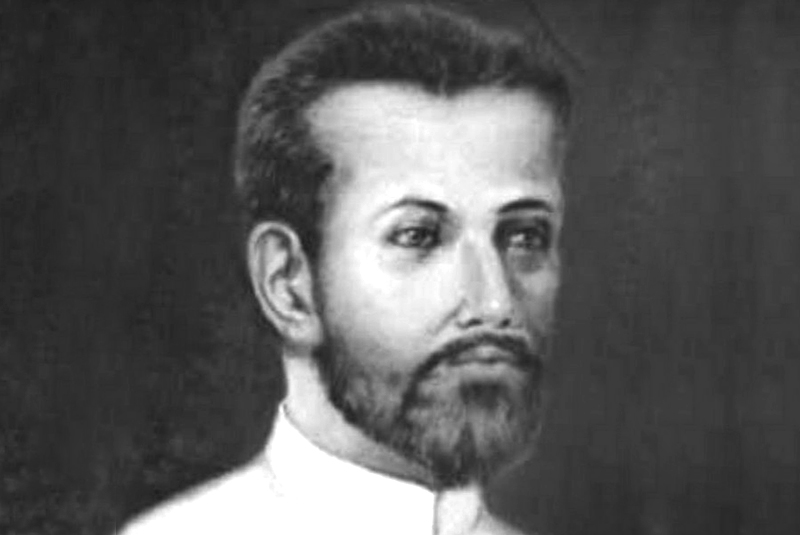In October 1699, an 18-year-old German, Johann Ernst Hanxleden, set sail for India. A resident of Osterkappeln, near Osnabruck in Lower Saxony, Johann had signed up to be part of a Jesuit mission in Malabar with Fr Wilhelm Weber.
It was a long, arduous journey – through Italy, Turkey, Syria, Armenia, and Persia – to the west coast of India. But along the way, unable to bear the rigours of the journey, Father Wilhelm Weber and his companion Wilhelm Meyer, died en route, before Johann Ernst reached the shores of Surat.
We know of Johann Ernst’s journey from the records of a fellow passenger, Franz Schillinger, who diligently wrote in his book that ‘a boy from Osnabruck had landed in Surat.’ What started as a perilous journey opened the doors for a new life for the young Johann Ernst Hanxleden in a faraway land – one he gleefully adopted as his home, lived, worked, and eventually died in 1732.
His sojourn opened new doors for him to enter the annals of linguistic history. In a short span of three decades, Johann made pioneering contributions to Indian language and literature – ones that remain relevant till today.
Copyright©Madras Courier, All Rights Reserved. You may share using our article tools. Please don't cut articles from madrascourier.com and redistribute by email, post to the web, mobile phone or social media.Please send in your feed back and comments to [email protected]











